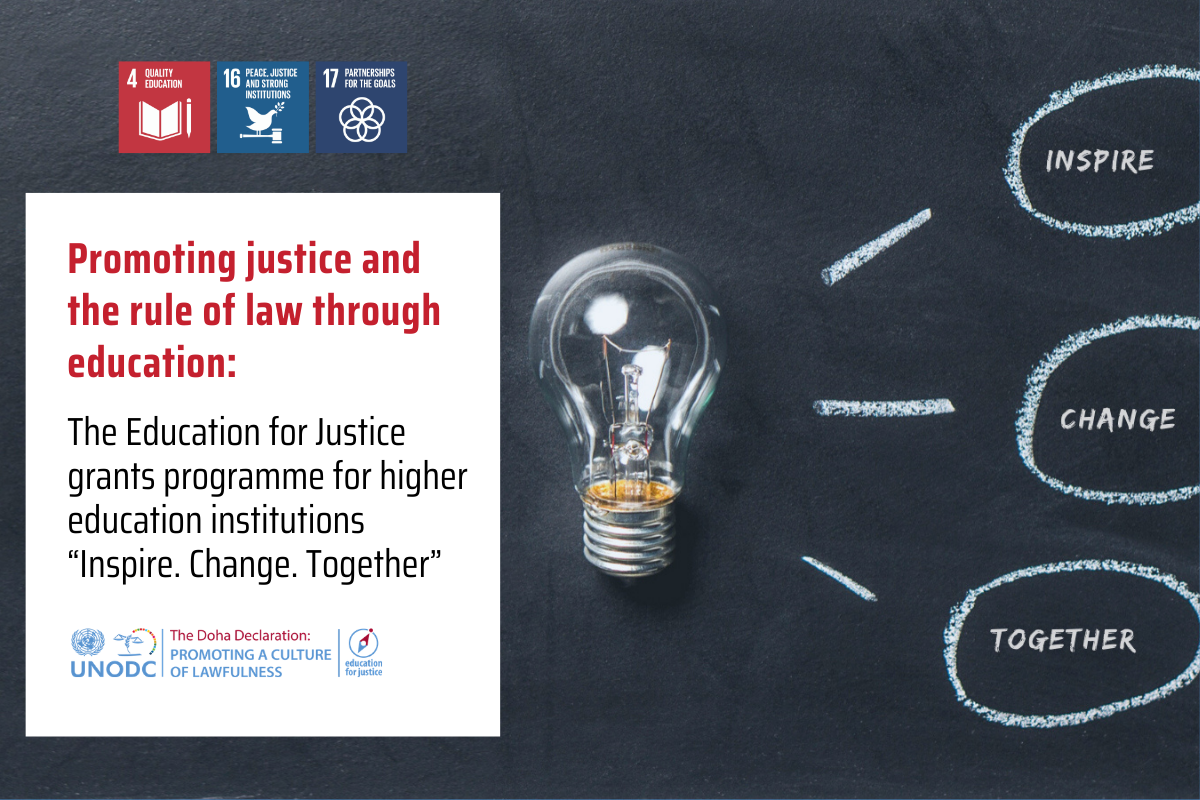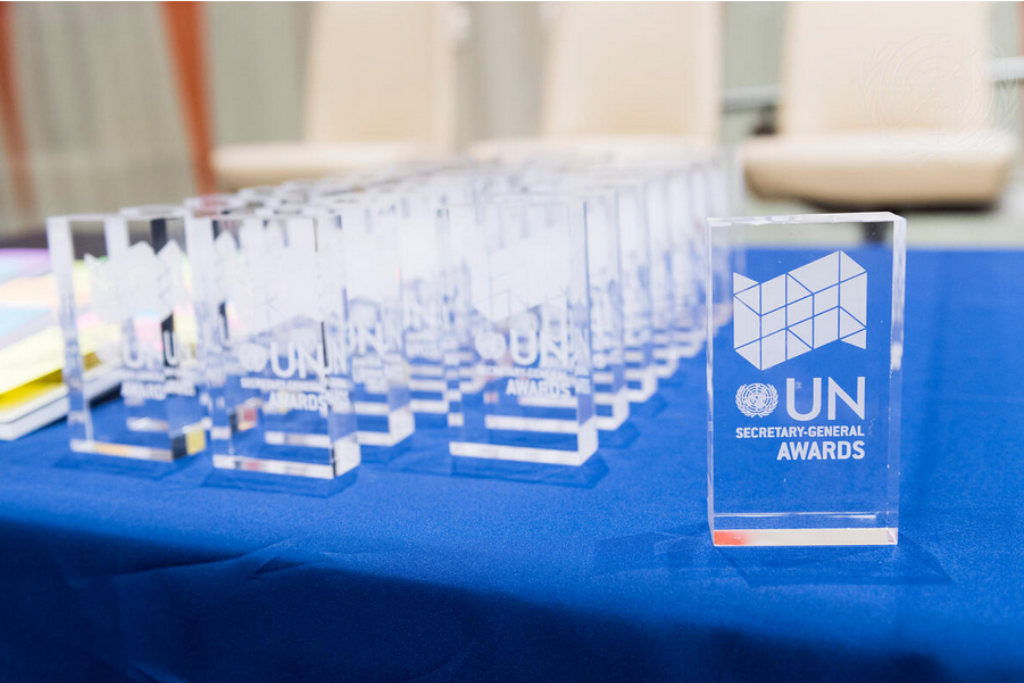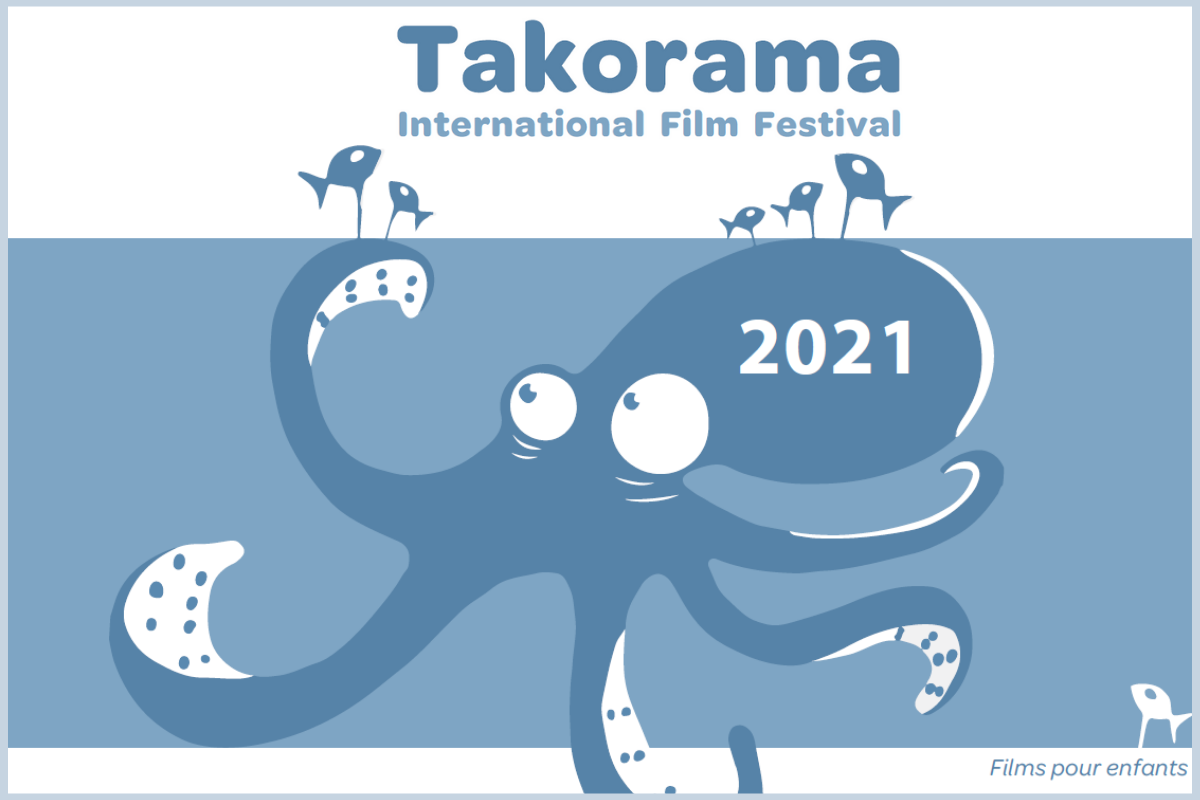A global jury of children votes online in UNODC-sponsored Takorama Film Festival
7 July 2020 – With an infinite curiosity and a predilection for voicing honest opinions, children tend to enjoy the mental exercise of ranking their favourite things. For the past two months, they were given the opportunity to watch short movies online and to vote on their preferences in the Takorama Film Festival, designed by the association Films pour enfants to engage children around the world with stimulating subjects and appealing animations.
This unique festival has accompanied children in various situations of COVID-19 lockdown and social distancing confinement, exposing them to artistic contributions which tackle solidarity, tolerance and respect for others - subjects which form an integral part of the work of Education for Justice (E4J), an initiative of UNODC’s Global Programme for the Implementation of the Doha Declaration.
Curated by renowned psychologist Serge Tisseron who specializes in youth and Information and Communication Technology, the films were grouped into categories based on age (3+, 6+, 9+, 12+ and 15+). Importantly, the films have true global appeal because of the absence of spoken dialogue, with the stories and ideas flowing through the international language of music and art.
|
More than 17,000 individual children and close to 700 school classes participated in the festival. Through the Takorama website, available in a dozen languages including all official United Nations languages, children have been educated, entertained and enlightened with new stories and concepts. They have also experienced the thrill of being part of a big event in which their opinion matters, a valuable and empowering lesson in itself.
E4J’s support for the festival comes within the framework of the Global Education Coalition, launched by UNESCO in response to the challenges of education during COVID-19. Through their Global Citizenship Education partnership, UNODC and UNESCO have also jointly issued a policy guide and interactive handbooks for use school and non-school settings, aiming at helping children become engaged citizens in fair and just societies.
Additional Information
Education for Justice


